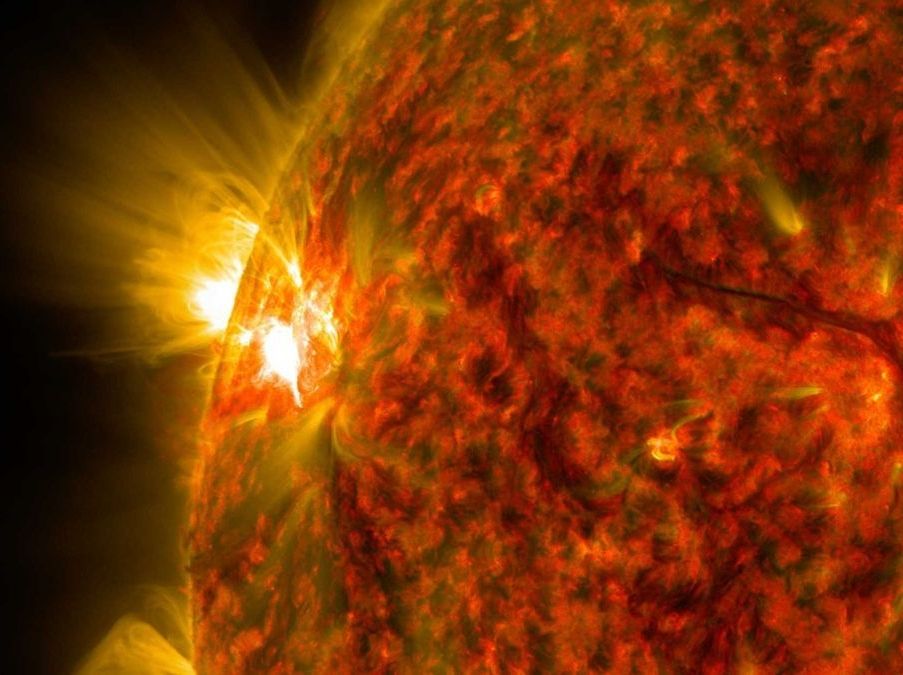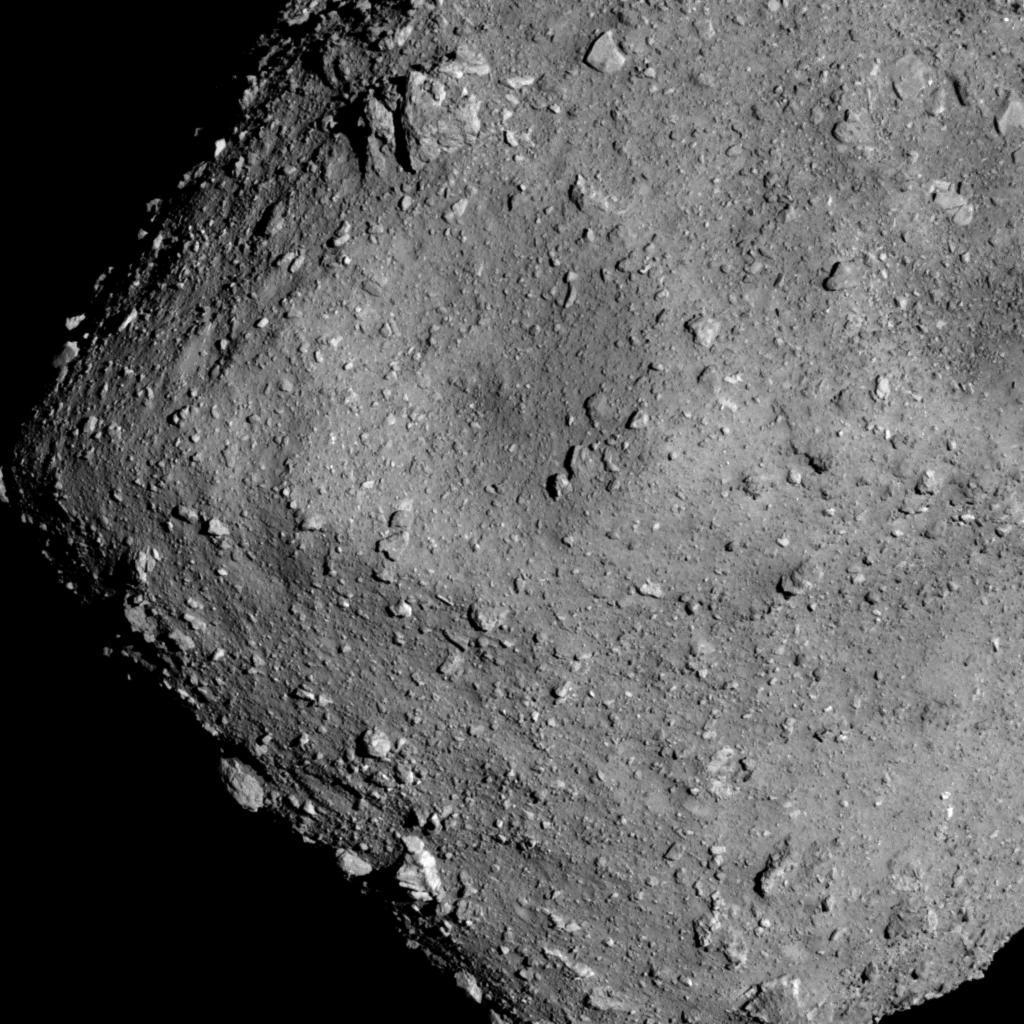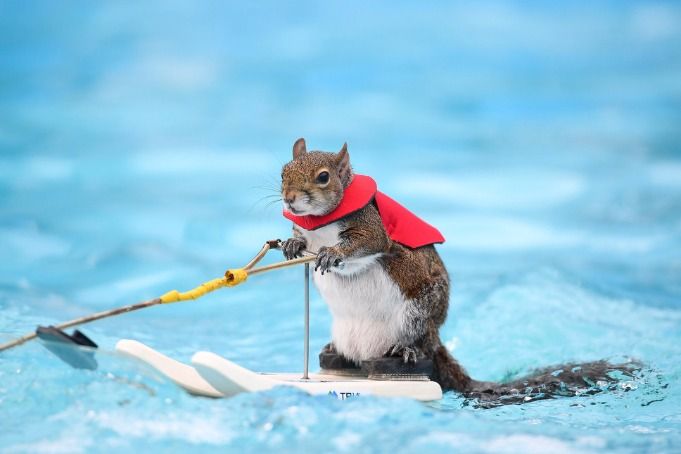Russia is planning to blast two robot astronauts into space to work on the international space station.
Scientists have developed the advanced machines, named FEDOR, to conduct rescues — even though they have recently been recently trained to use firearms.
According to RIA Novosti, the robots could be blasted into space as soon as August 2019.


